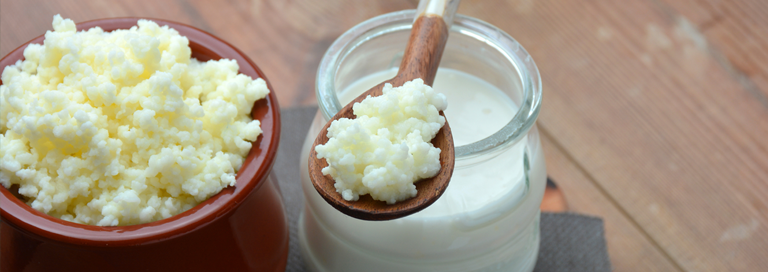A groundbreaking new study out of Stanford University may finally compel the so-called “experts” to admit they’ve been wrong about what’s causing the shocking rise in diabetes.1
The FDA and Big Pharma want to blame it on family history and high blood sugar. They still don’t understand what’s REALLY going on…
The crisis, which I call Syndrome Zero, is a direct result of chronic inflammation caused by an industrial, grain-based diet. Our bodies simply weren’t designed for all the carbohydrates modern humans eat.
This carb overload wipes out beneficial bacteria in your gut microbiome. Before long, disease-causing bacteria begin to bloom unchecked inside your body.
Soon, fissures and gaps in your intestinal lining expose you to toxic-gut syndrome. And that sends your immune response into overdrive.
What follows is a runaway train to diabetes, heart disease, autoimmune illnesses – and even more inflammation.
And as you know, inflammation is the root cause of chronic disease.
Fortunately, some treatments can stop – and even reverse – this progression.
Stanford University researchers wondered if a specific type of food could reduce biomarkers of chronic disease by feeding the beneficial bacteria that serve as your frontline defense.
I’m talking about fermented foods like kefir, kimchi, kombucha, and sauerkraut.
Stanford researchers put patients on a 10-week meal plan featuring fermented foods. Throughout the study, they measured changes in 19 key proteins linked to inflammation.
They described their results as “stunning.” Individuals who ate fermented foods developed far more diverse, resilient microbiomes.
Even more important…
All 19 inflammatory protein markers dropped significantly in those patients eating fermented foods. Plus, their immune cell responses became calmer, better modulated, and less hyperactive.2
Unfortunately, you can’t just go to the local supermarket and buy fermented foods. Not only are they stuffed with extra sugars you need to avoid
, but the pasteurization process kills off the good bacteria.Take kefir, for example. For my money, this fermented, “magic” milk gives you the biggest health benefits. It’s packed with up to six times more varieties of good bacteria than your typical probiotic yogurt.
The most beneficial kefir contains healthy yeast, but store-bought brands don’t. Manufacturers stop the yeast process before packaging. If they didn’t, the fermentation process would continue… and the sealed containers could burst.
Nourish Your Gut And Lower Inflammation With
Healthy Homemade Kefir
I get my homemade kefir from a local farmer. But you can make your own – it’s surprisingly simple.
Begin by obtaining “kefir grains” – the yeast and bacterial clumps that resemble cauliflower florets. You’ll find them online, and some kefir-lovers just give them away. Here’s my recipe:
Ingredients:
- 1 quart of organic, grass-fed whole milk (If you want to use raw milk, make sure it comes from a safe and reputable dairy)
- Kefir grains
- Large glass bowl or pitcher
- One-quart mason jar with lid
- Colander
Directions:
-
- Put 2-3 heaping tablespoons of kefir grains into the mason jar.
- Shake the milk, then pour it into the jar as well.
- Place the lid atop the jar, but do not twist and seal it. Place it in a cupboard, and keep the room temperature between 72 and 78 degrees. The warmer it is, the faster it ferments.
- Store it for about 24 hours. Upon opening the jar you’ll notice the curd-like grains have risen to the top, and the milk is a thicker consistency, like buttermilk. You should detect a slightly sour, fermented smell.
- To strain, place the colander over the glass bowl or pitcher. Pour the contents of the mason jar into the colander.
- Next, you’ll want to stir the colander for a few minutes to aid the separation of the kefir grains that remain behind in the colander. (Save the left-over kefir grains, you can use them again to repeat the process!) Pour the kefir into a mason jar and store it in the refrigerator.
To Your Good Health,

Al Sears, MD, CNS
References:
1. Wastky H, et al. “Gut-microbiota-targeted diets modulate human immune status.” Cell. 2021 Aug 5;184(16):4137-4153.
2. Ibid.

